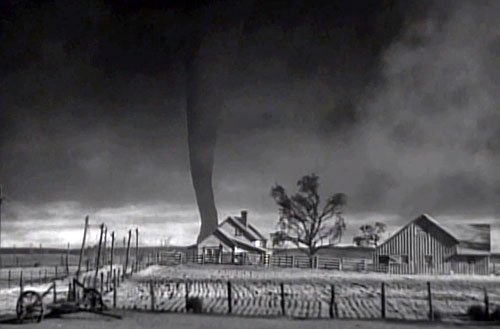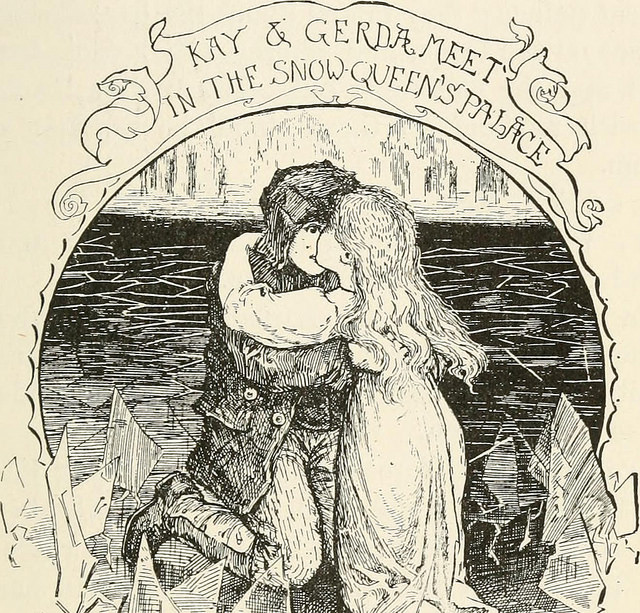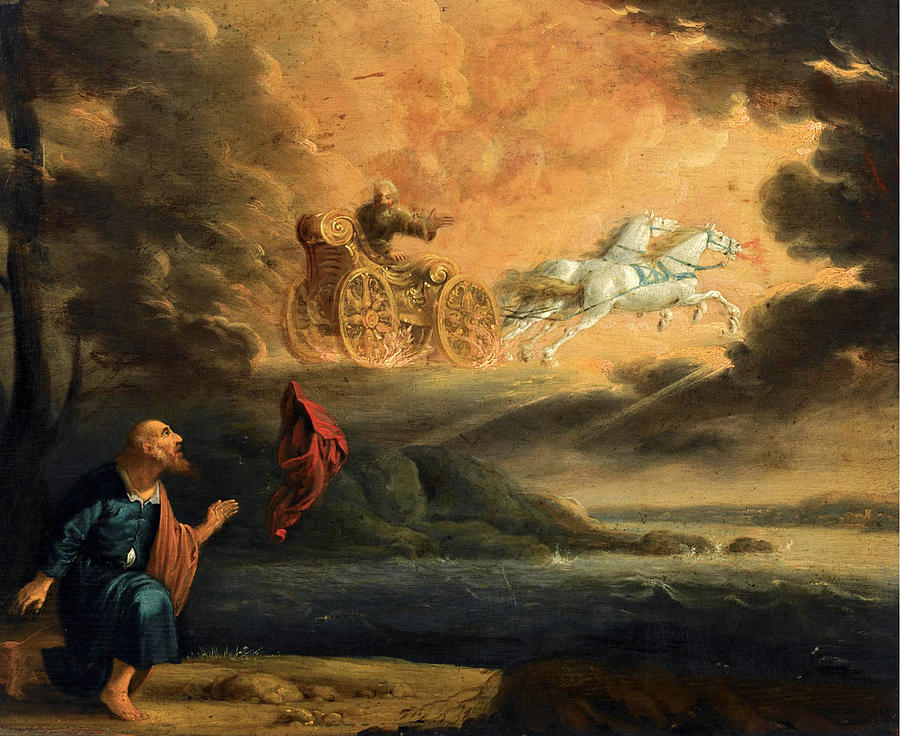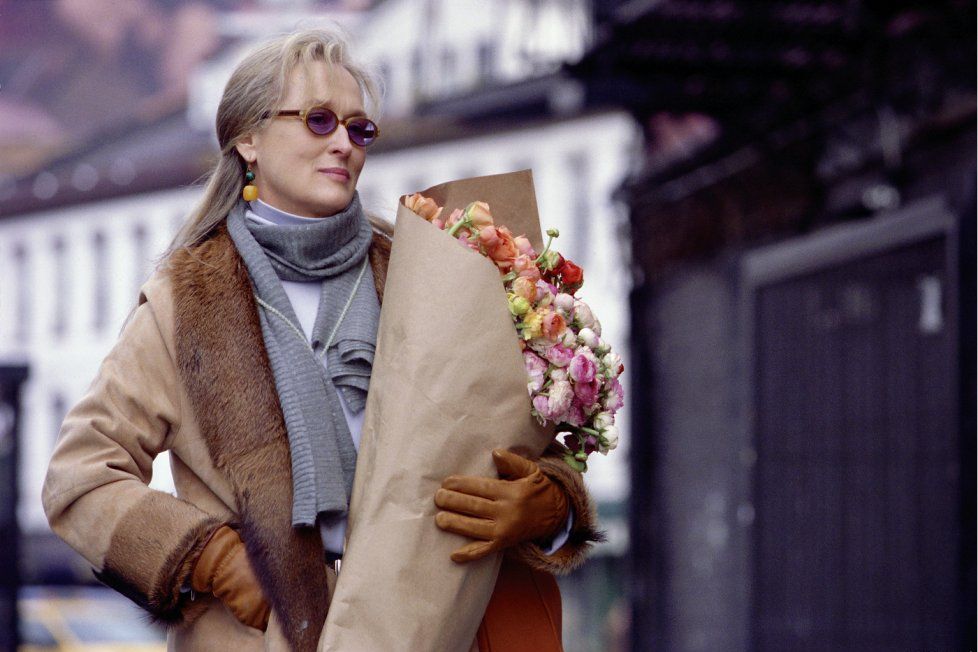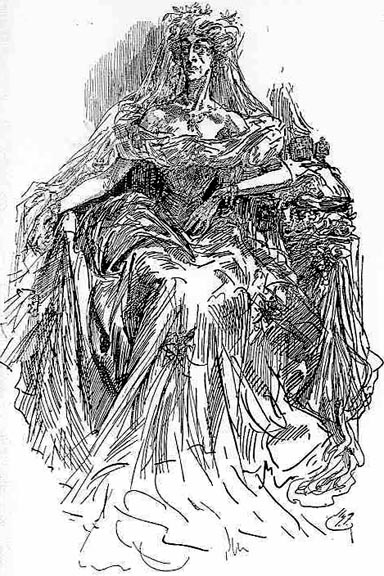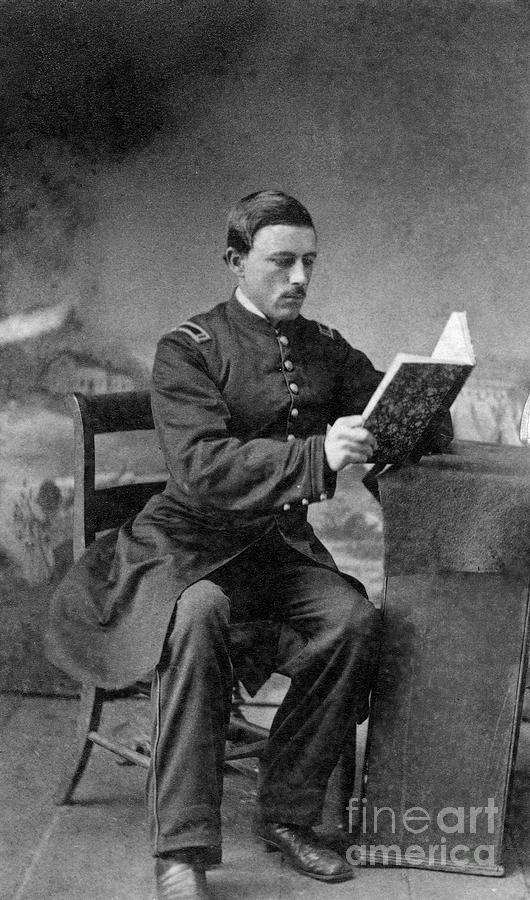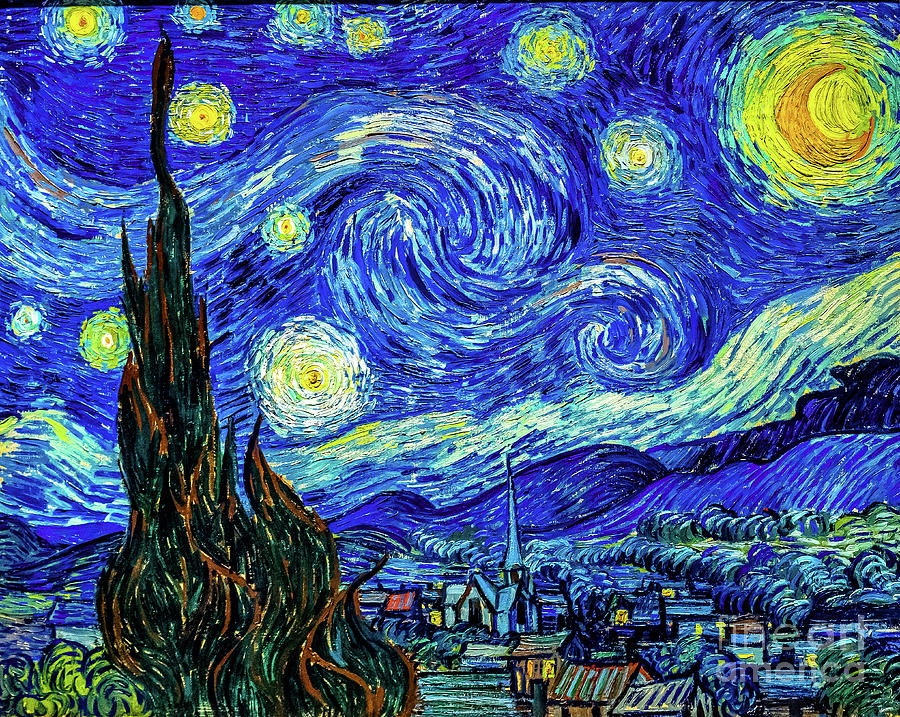Tuesday
The horrendous tornadoes that hit Kentucky and adjoining states over the weekend are only the latest warnings we have received about the perils of climate change, causing me to turn to the Book of Revelations. Or rather, I turn to an allusion to John’s apocalyptic work that appears in an apocalyptic Advent poem by my nature-loving father. The poem has some local references as well as religious allusions, which I’ll go into after the poem:
Mountain Lion
By Scott Bates
Herman Gudger had just shot a three-pronged buck
Down in Lost Cove last December when he happened to glance up
And there on the rim of the bluff above him
On a rock ledge watching him intently and slowly
Waving his tail stood a mountin lion
Herman was so startled he forgot he had a gun
And besides he said later he
Wouldn’t of shot him noway
He knew cougars was mighty scarce these days
The mountain lion turned and loped off into the woods
Herman generally drinks a good deal Saturday night
And goes to meeting Sunday at the Jump-Off Baptist Church
THE LION OF JUDAH
WILL BE A DEVOURER OF NATIONSHE WILL COME TO JUDGE THE QUICK AND THE DEAD
Out of Egypt
In the senescence of the year
Came Jesus ben Panthera
Jump-Off Baptist Church is an actual church, located two miles from our home. We are also walking distance from a bluff that overlooks Lost Cove, recently acquired by the University of the South so that it could preserve the old growth forest found there. Herman Gudger was, I believe, a local mountain man. We see white-tailed deer daily and, while I’ve never seen a mountain lion in the vicinity, my mother did once.
Now to the poem’s other allusions. Jesus, descended from Judah’s line, was seen by early Christians to be “the lion of Judah,” who would come at judgment day to judge the living and the dead. He would come at a dark time (thus the Advent symbolism), and legend had it that, like Moses, he would come out of Egypt. The early anti-Christian writer Celsus, however, claimed that Jesus was not fully Jewish but actually the son of a Roman centurion named Panthera, calling him “Jesus ben [son of] Panthera.” My father, playing with the pun, connects Panthera to the Lion of Judah to Herman Gudger’s mountain lion.
The poem’s local references take on new meaning in the context of my father’s poem. Jump-Off Church already has apocalyptic associations—we jump off this vail of tears into eternity—and Herman is a sinner who drinks on Saturdays but seeks forgiveness and redemption on Sundays. His meeting with the divine, however, comes in the form of a mountain lion, which he encounters while spiritually lost (he’s in Lost Cove). It’s not clear whether Gudger is legally hunting, but the lion appears in the poem as a judgment on how humans are treating nature. Herman, to his credit, at least acknowledges that he has come face to face with something transcendent.
As such, he stands in dramatic contrast to the hunters D. H. Lawrence meets in his own “Mountain Lion” poem. In this one, the hunters have in fact killed a mountain lion, triggering Lawrence’s contempt for foolish humans as well as sorrow for the animal:
_Qué tiene, amigo?
León_–
He smiles, foolishly, as if he were caught doing wrong.
And we smile, foolishly, as if we didn’t know.
He is quite gentle and dark-faced.
It is a mountain lion,
A long, long slim cat, yellow like a lioness.
Dead.
He trapped her this morning, he says, smiling foolishly.
Lift up her face,
Her round, bright face, bright as frost.
Her round, fine-fashioned head, with two dead ears;
And stripes in the brilliant frost of her face, sharp, fine
dark rays,
Dark, keen, fine rays in the brilliant frost of her face.
Beautiful dead eyes.
Lawrence is so furious that he wants the hunters—and all humans who are like them—dead:
And I think in this empty world there was room for me
and a mountain lion.
And I think in the world beyond, how easily we might
spare a million or two of humans
And never miss them.
Yet what a gap in the world, the missing white frost face
of that slim yellow mountain lion!
I can think of one other mountain lion reference in literature, this one in Leslie Marmon Silko’s Ceremony. There a mountain lion saves the protagonist from imprisonment, leading off his captors and so allowing Tayo to escape and complete his mission. Earlier, the mountain lion has come upon Tayo at a moment of despair when, again, his mission is in peril. The lion’s appearance, then as later, helps Tayo to continue on. It is a mystical moment (as with Herman Gudger) and Tayo offers up a prayer:
The mountain lion came out from a grove of oak trees in the middle of the clearing. He did not walk or leap or run; his motions were like the shimmering of tall grass in the wind. He came across the meadow, moving into the wind. Tayo watched it with his head against the ground, conscious of pine needles tangled in his hair. He waited for the mare to shy away from the yellow form that moved toward them; but the horse was upwind and did not stir. The eyes caught twin reflections of the moon; the glittering yellow light penetrated his chest and he inhaled suddenly. Relentless motion was the lion’s greatest beauty, moving like mountain clouds with the wind, changing substance and color in rhythm with the contours of the mountain peaks: dark as lava rock, and suddenly as bright as a field of snow. When the mountain lion stopped in front of him, it was not hesitation, but a chance for the moonlight to catch up with him. Tayo got to his knees slowly and held out his hand.
“Mountain lion,” he whispered, “mountain lion, becoming what you are with each breath, your substance changing with the earth and the sky.” The mountain lion blinked his eyes; there was no fear. He gazed at him for another instant and then sniffed the southeast wind before he crossed the stream and disappeared into the trees, his outline lingering like yellow smoke, then suddenly gone.
In all three accounts, the mountain lion provides a way of judging fallen humanity and offering the world hope of redemption. Passing bills to reverse climate change is the least we can do.
And if we fail, the Lion of Judah—Jesus ben Panthera—will condemn us. So will Tayo’s animal guide. Do will Lawrence.

